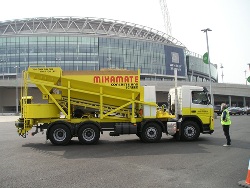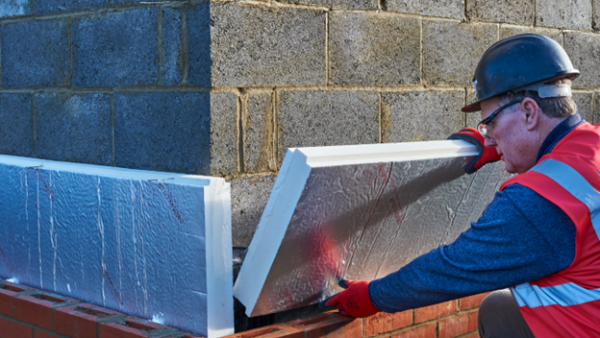New technologies will be vital to the advancement of sustainable construction, but above all else builders must keep things simple if real environmental impacts are to be made.
One of the main obstacles facing sustainability in construction today is the sector’s fixation on new technologies to come along and revolutionise current working systems. Of course new technology is important, but so too is good practice.
The UK construction industry is significant: its output is worth over £100bn a year. It accounts for 8% of Gross Domestic Product (GDP) and provides employment for around 3 million workers.
The output of the construction industry, be it public buildings, commercial buildings, homes or infrastructure such as our roads, has a major impact on our environment. It is therefore clear that as the Department for Business Innovation and Skills (BIS) states on its website, in order to reduce the environmental impact of buildings and infrastructure construction; we have to change the way we design and build, as well as the materials and machines we do it with.
A recent article here on the Jewson blog by server cabinet manufacturer Kell Systems highlighted the importance of economics to environmental sustainability at large. Certainly this is particularly true within the construction industry where the economic viability of a building project must first be rigorously tested before huge capital investments can be made.
A second crucial step in making sustainability viable within the construction industry will be changing the mind-set of firms and government departments to change the working practices of building yards as well as the technologies and materials they use.
Tesco provides a prime example of what we are talking about here. Using state of the art environmentally friendly trucks and making multiple distributions per journey to online shoppers, the supermarket giant is able to greatly reduce the number of journeys made to and from its stores by individual customers. But supposing that for every customer it delivered to it had to return to the warehouse to pick up a new delivery – suddenly all the new technology in the world has been undone by bad practice.
The same goes for the construction industry. There is for example little use in building an entire tower block out of the lowest carbon concrete money can buy if the trucks you use to deliver it are making multiple trips per day and wasting excess materials that simply turn out not to be necessary for specific parts of the build.
It is perhaps an old tenet but one which the construction industry would do well to remember as sustainability becomes more and more important from both an economic and environmental point of view. The milk round has survived for all of these years not only because of the fuel efficiency of the milk floats, but also because of the formula it uses for delivery.
This Blog Post was written by Mixamate





